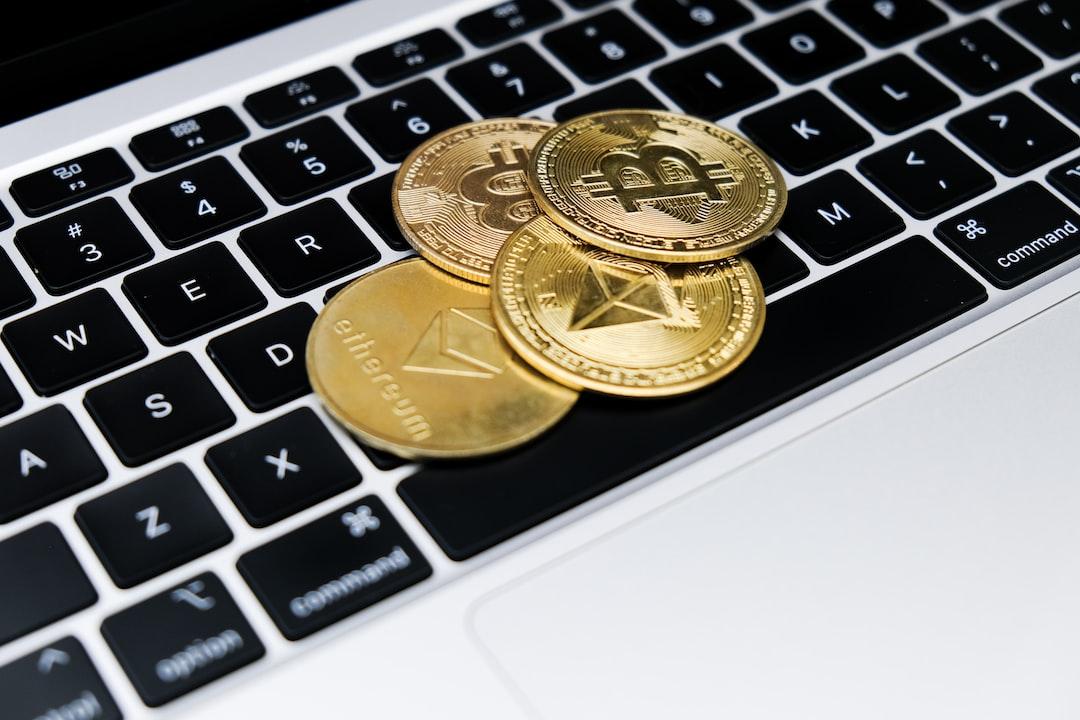ETF issuer VanEck takes a major step in the digital asset space by applying for the first Solana Exchange-Traded Fund (ETF) in the United States. VanEck’s Director of Digital Assets Research, Matthew Sigel, shared why the company believes Solana (SOL) qualifies as a commodity and the motivations behind this groundbreaking application.
Why did VanEck apply for a Solana ETF?
Solana as a Digital Commodity
Decentralization and Security
Bloomberg Analyst Comments: Political Power Could Make it Happen
VanEck’s decision to apply for a Solana ETF is based on Solana’s unique features as a blockchain platform. Solana is an open-source blockchain designed to handle various applications including payments, transactions, gaming, and social interactions. Unlike other blockchains, Solana operates as a single global state machine without the need for sharding or second-layer solutions.
This approach provides a powerful combination of scalability, speed, and low costs, potentially offering superior user experiences for many use cases. Solana can process thousands of transactions per second with minimal fees, coupled with its advanced security mechanisms combining Proof-of-History and Proof-of-Stake, making it a robust and accessible blockchain solution.
VanEck believes that the combination of high throughput, low costs, strong security, and an active community makes Solana an attractive option for an ETF. This will provide investors with the opportunity to engage with a diverse and innovative open-source ecosystem.
VanEck views Solana’s native token SOL as similar in functionality to other digital commodities like Bitcoin and Ethereum. SOL is used for paying transaction fees and computational services on the Solana blockchain, akin to Ether on the Ethereum network. SOL can be traded on digital asset platforms or used for peer-to-peer transactions, highlighting its utility and value.
The Solana ecosystem supports a wide range of applications and services, from Decentralized Finance (DeFi) to Non-Fungible Tokens (NFTs), emphasizing SOL’s practicality and enhancing its value as a digital commodity. Furthermore, Solana’s decentralized nature, without a single intermediary or entity controlling the network, adds to its appeal.
Transaction validation and record-keeping on the Solana network are maintained by diverse independent validators distributed globally. These validators are responsible for processing transactions and safeguarding the network, ensuring no single entity can monopolize the system.
This decentralized infrastructure aligns SOL with other established digital commodities, reinforcing VanEck’s belief that SOL is a valuable commodity for investors, developers, and entrepreneurs. It offers an alternative to traditional app store models with high usability and economic viability.
VanEck’s application for the first Solana ETF in the United States marks a significant milestone in the digital asset space. The combination of Solana’s scalability, speed, low costs, strong security, and decentralization makes it a strong contender for an ETF.
Bloomberg analyst Eric Balchunas stated that his gut reaction was “Oh, this will never get approved because there are no Solana futures.” However, if there is a change in the U.S. presidency, anything is possible. Just imagine, crypto mom Hester Peirce (crypto-friendly SEC commissioner) or similar individuals heading the U.S. Securities and Exchange Commission (SEC).
Solana
VanEck

